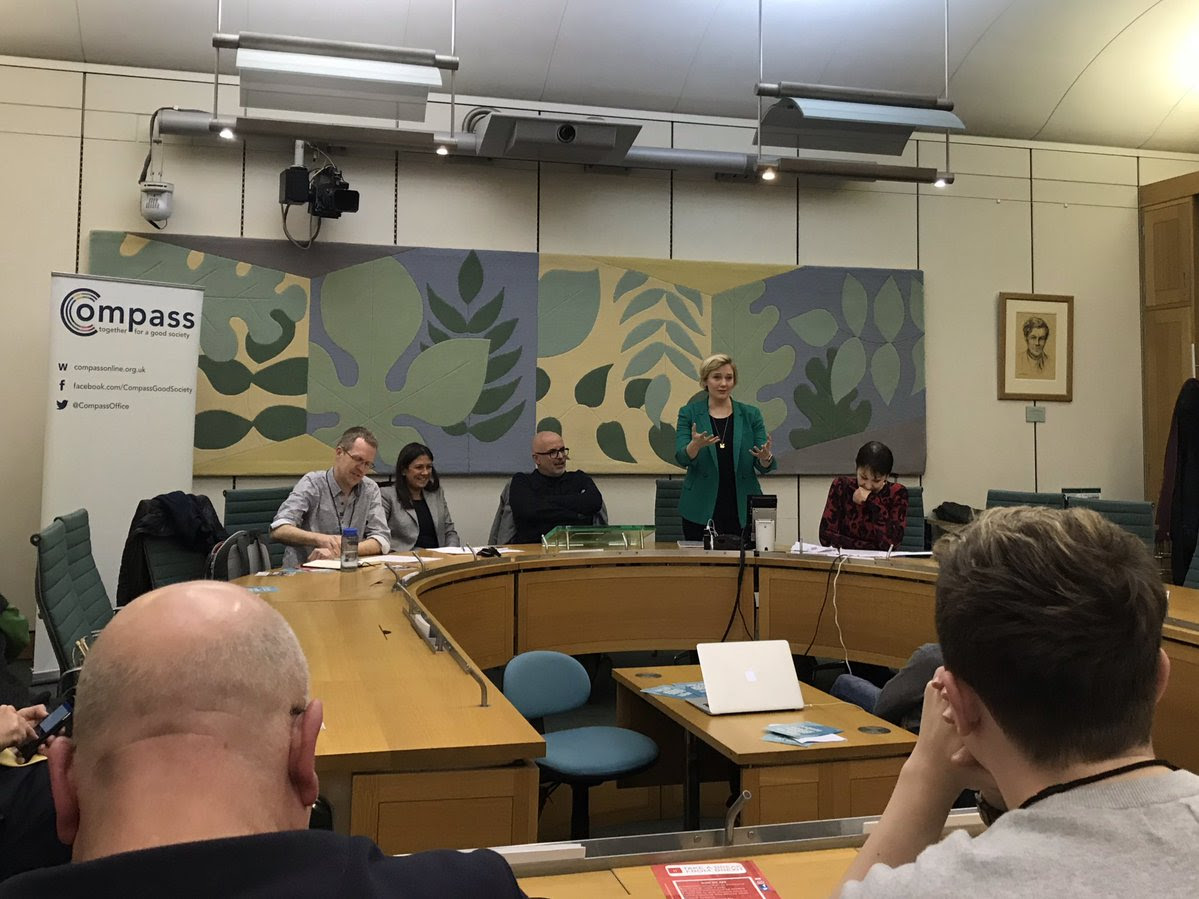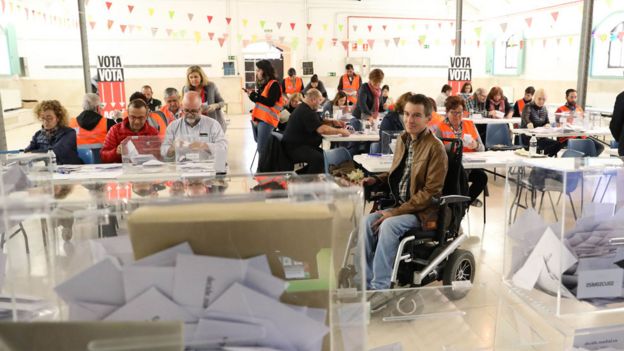François de Closets writes in l’Opinion.

The Gilets Jaunes, the coalition, the opposition, everybody seems to support the Popular Initiative (référendum d’initiative citoyenne, or RIC). This mechanism for popular participation would offer both a renovating reform of our republic and a way out of the crisis. Wouldn’t it, however, be a false solution? Wouldn’t it be embraced more because it is in the air rather than through thorough reflection? Wouldn’t it be masking a real solution? “Let the people speak”, who can object to that? No one, and it is for this reason that we must not give in to moral terrorism.
Popular sovereignty, the foundation of democracy, struggles with the question of the government. Beyond the scale of the city, even beyond that of a village, collective power is no longer operative. Representative democracy must be utilized. Every nation has arrived at this conclusion. That is, popular sovereignty does not mean governing but appointing and recognizing rulers. It also means that the citizens see themselves as being represented by those who speak and act in their name.
Despite this delegation, the people remain the ultimate source of truth, their word being superior to that of their representatives. In particular, their word must be imposed through referendum when it comes to the supreme law: the constitution. Representative democracy is therefore a compromise due to the impossibility of the ideal of direct democracy.
A crutch. In practice the system risks the formation of an enclosed political class which usurps power from the people. Conversely, direct democracy can be used by manipulators who under the pretext of “letting the people speak” impose their point of view on the majority. Real democracy, that of the general will, is therefore a historical construction which must fend off both of those perversions. The RIC should be examined from this perspective.
Continue reading
Filed under: Athens, Elections, Mass action, Press, Proposals, Sortition | 14 Comments »






 Gilets Jaunes marching in Montmartre
Gilets Jaunes marching in Montmartre
